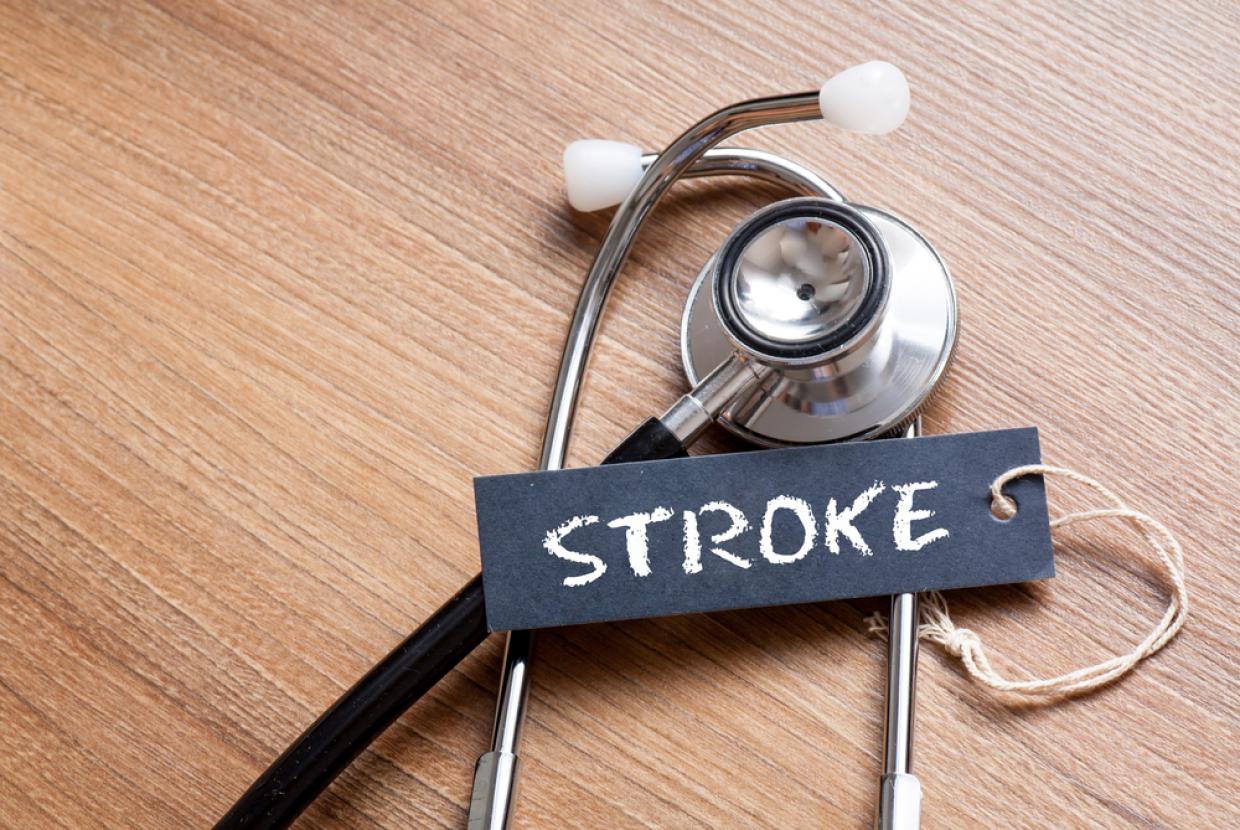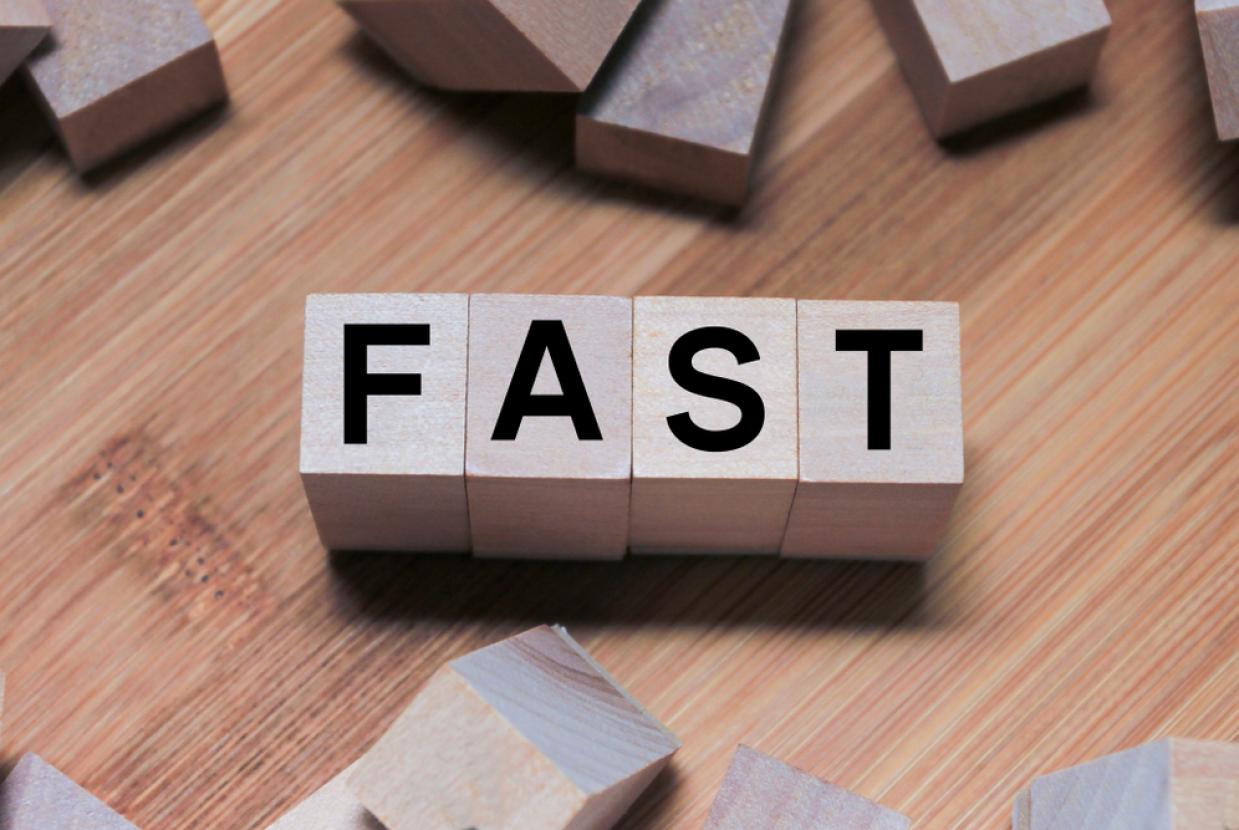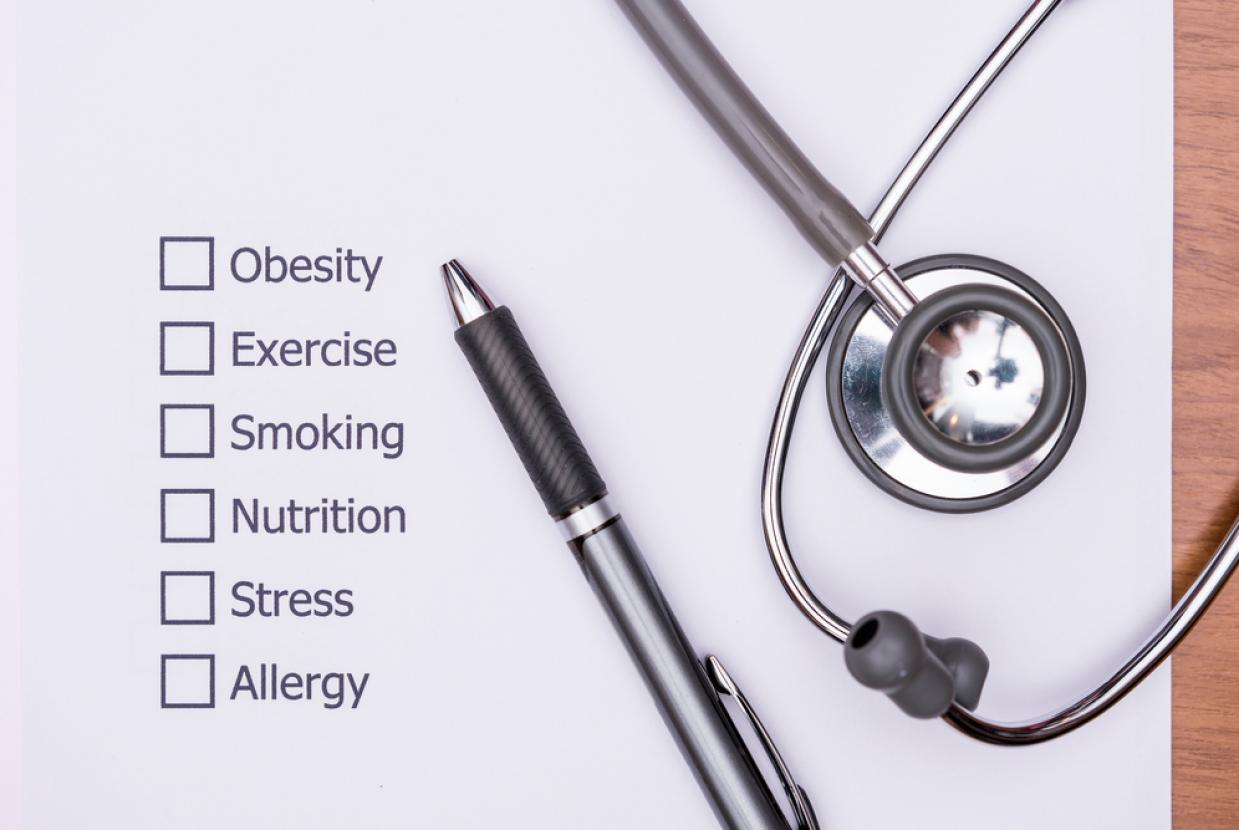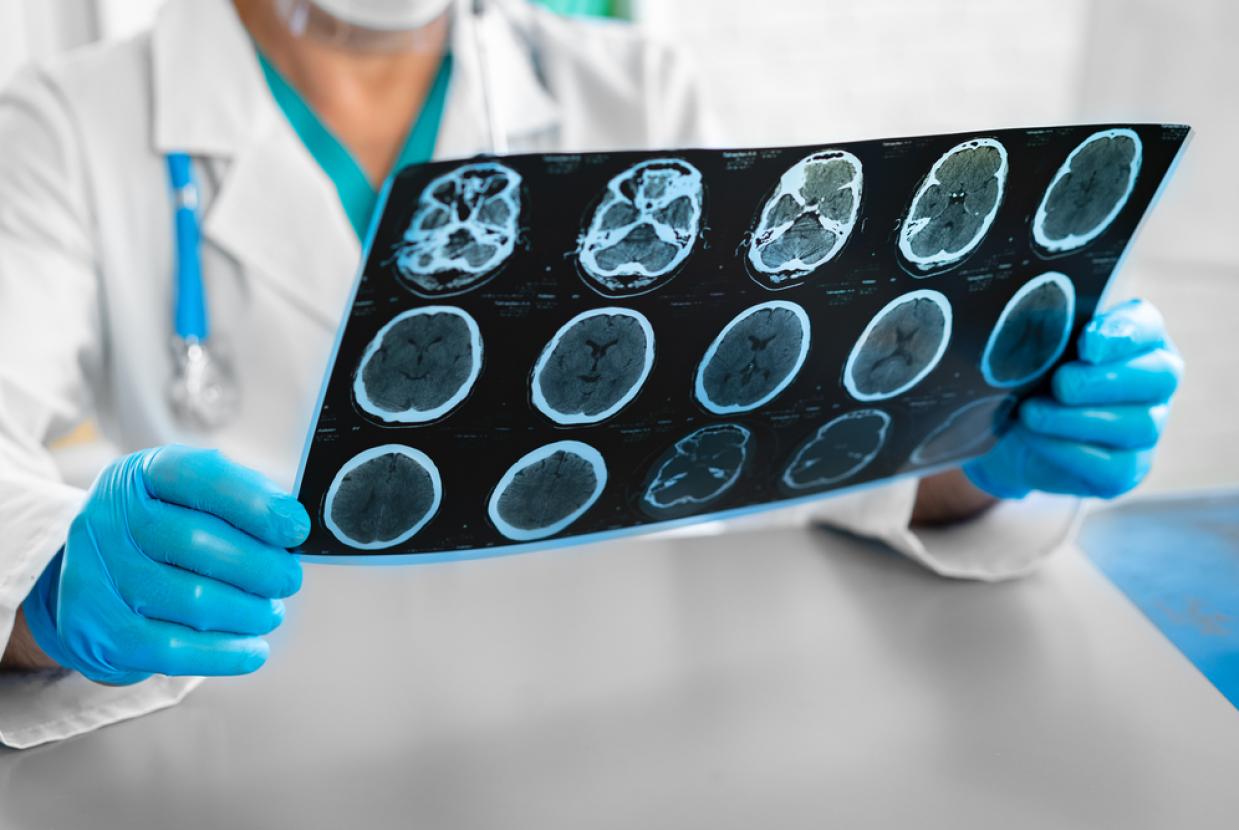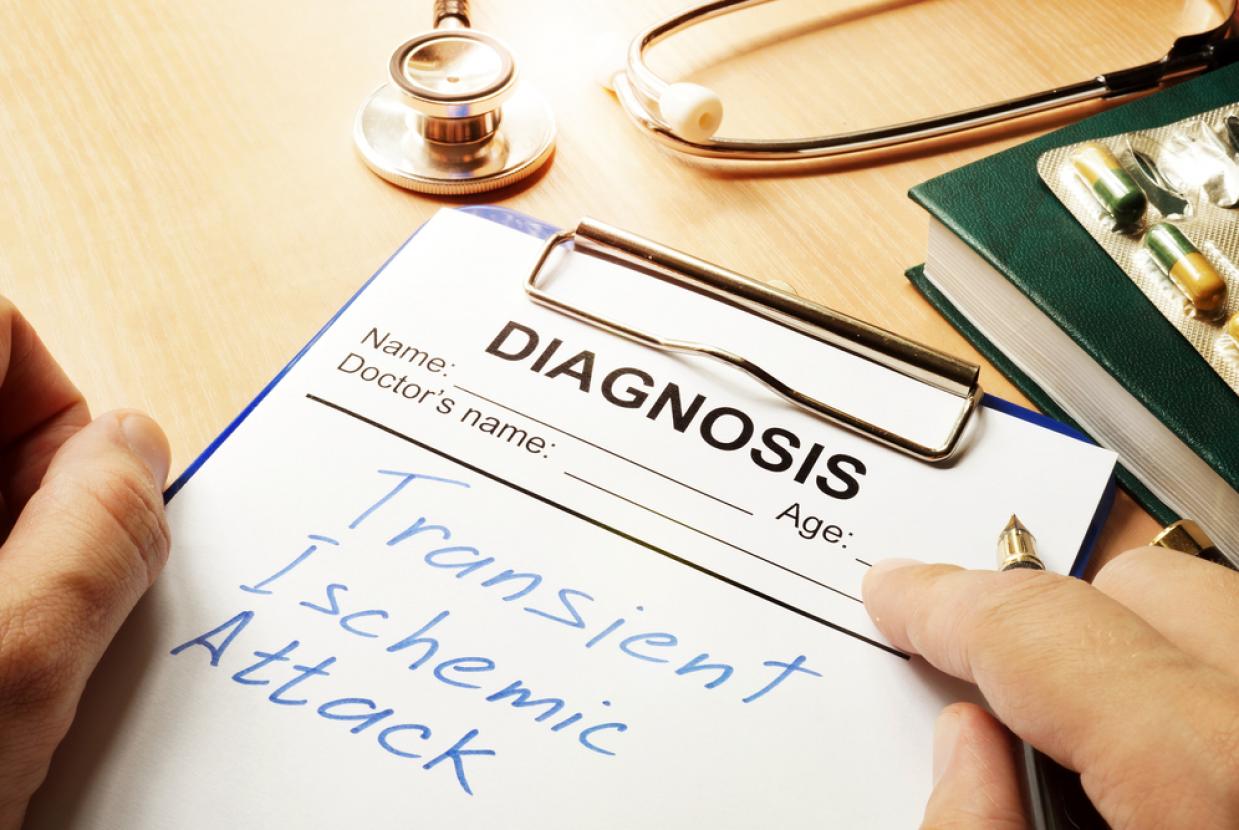Stroke Awareness Month: Recognising A Stroke
StrokeA stroke is a serious life-threatening medical condition that happens when the blood supply to part of the brain is cut off. Strokes are a medical emergency and urgent treatment is essential. The sooner a person receives treatment for a stroke, the less damage is likely to happen. If you suspect that you or someone else is having a stroke, phone 999 immediately and ask for an ambulance.
Even if the symptoms disappear while you're waiting for the ambulance, it's still important to go to hospital for an assessment.
After an initial assessment, you will be referred to a specialist for further tests to help determine the cause of the stroke. You should be referred to see a specialist within 24 hours of the start of your symptoms. Treatment can also begin if necessary.
Symptoms of a stroke that disappear quickly and in less than 24 hours may mean you had a transient ischaemic attack (TIA). These symptoms should also be treated as a medical emergency to reduce the chances of having another stroke.
Recognising the signs of a stroke
The signs and symptoms of a stroke vary from person to person, but usually begin suddenly. As different parts of your brain control different parts of your body, your symptoms will depend on the part of your brain affected and the extent of the damage.
The main stroke symptoms can be remembered with the word FAST:
- Face – the face may have dropped on 1 side, the person may not be able to smile, or their mouth or eye may have drooped.
- Arms – the person may not be able to lift both arms and keep them there because of weakness or numbness in 1 arm.
- Speech – their speech may be slurred or garbled, or the person may not be able to talk at all despite appearing to be awake; they may also have problems understanding what you're saying to them.
- Time – it's time to dial 999 immediately if you notice any of these signs or symptoms.
It's important for everyone to be aware of these signs and symptoms, particularly if you live with or care for a person who is in a high-risk group, such as someone who is elderly or has diabetes or high blood pressure.
Other possible symptoms
Symptoms in the FAST test identify most strokes, but occasionally a stroke can cause different symptoms.
Other signs and symptoms may include:
- complete paralysis of 1 side of the body
- sudden loss or blurring of vision
- being or feeling sick
- dizziness
- confusion
- difficulty understanding what others are saying
- problems with balance and co-ordination
- difficulty swallowing (dysphagia)
- a sudden and very severe headache resulting in a blinding pain unlike anything experienced before
- loss of consciousness
But there may be other causes of these symptoms.
Transient ischaemic attack (TIA)
The symptoms of a transient ischaemic attack (TIA), also known as a mini-stroke, are the same as a stroke, but tend to only last between a few minutes and a few hours before disappearing completely.
Although the symptoms do improve, a TIA should never be ignored as it's a serious warning sign of a problem with the blood supply to your brain. It means you're at an increased risk of having a stroke in the near future.
It's important to phone 999 immediately and ask for an ambulance if you or someone else have TIA or stroke symptoms. If a TIA is suspected, you will be offered aspirin to take straightaway. This helps to prevent a stroke.
Even if the symptoms disappear while you're waiting for the ambulance to arrive, an assessment in a hospital should still be done. You should be referred to see a specialist within 24 hours of the start of your symptoms.
If you think you have had a TIA before, but the symptoms have since passed and you did not get medical advice at the time, make an urgent appointment with a GP. They can refer you for a hospital assessment, if appropriate.










